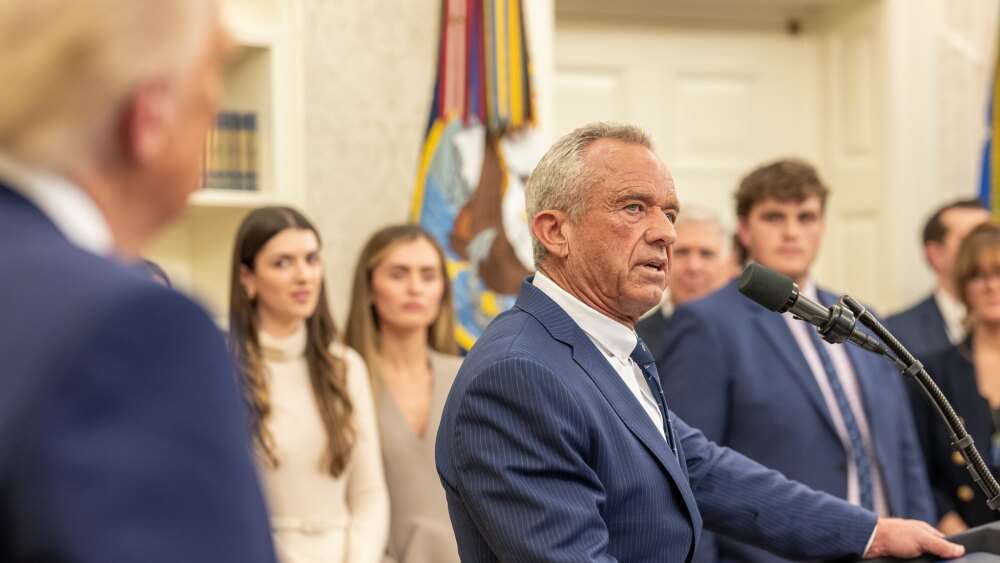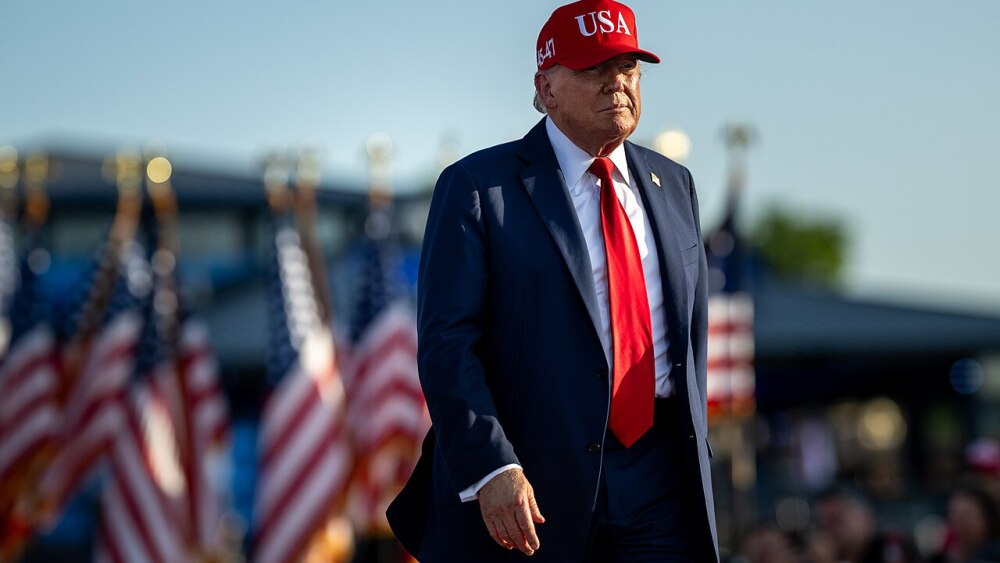January 23, 2017
By Steve Zisson, BioSpace.com Senior Editor
The pharmaceutical industry is headed on a collision course with President Donald Trump over high drug prices and another issue dear to Trump’s heart—his insistence on bringing drug manufacturing back to the United States from China and India.
“We have to get our drug industry coming back. Our drug industry has been disastrous. They’re leaving left and right. They supply our drugs but they don’t make them here, to a large extent,” Trump said at his recent press conference.
Many drug components are manufactured overseas in what Business Insider described as a complex supply chain that is dominated by countries such as China, India and South Korea.
Trump has repeatedly said the drug companies are “getting away with murder” on the prices the companies charge for medication. Trump said he plans to change the way the government bids on drugs in an effort to bring prices down—which he believes could save up to $300 billion annually. Federal law does not allow the government to negotiate the price of drugs for Medicare.
“Pharma has a lot of lobbies, a lot of lobbyists and a lot of power. And there’s very little bidding on drugs. We’re the largest buyer of drugs in the world and yet we don’t bid properly. And we’re going to start bidding and we’re going to save billions of dollars over a period of time,” Trump said.
That quote goes to the heart of The Negotiator in Chief, President Trump.
So the pharma industry needs to start negotiating—and soon. What would the industry rather give up, pricing power on its drugs or bringing back a few plants to the United States so Trump could claim victory by bringing back jobs? That’s typically all that Trump wants to do is claim victory. The car manufacturers have figured this out and have announced plans to stop opening some plants in Mexico, even if a handful of those “announcements” were manufactured themselves because those cancellations were already in the works before Trump took office.
Here are four strategies for the drug industry as it takes on Trump:
1. Try to Understand Trump.
As Mad Money stock guru Jim Cramer pointed out, Trump doesn’t care anything about the stock market. “In the years I have known Trump, he’s not a stock guy. He’s never really been that interested.” Trump has been routinely bashing market sectors, and he really doesn’t care if the shares of pharma and biotech companies tank. “He’s pro-business but not necessarily pro-stock market. He does figure that if business does well, everyone does better, kind of a bigger pie for all concerned,” Cramer points out.
2. Negotiate, negotiate, and negotiate some more.
Trump is a transactional guy, a real estate developer at his core. Everything is a negotiable. One sale at a time.
3. Wait him out.
Take your time. Extend the negotiations until his approval rating drops and then hopefully let the Republicans in Congress protect the industry as they have always done. Trump’s approval rating has fallen to a historically low level for any new president, hovering precipitously at 40 percent. If his approval rating slips into the low 30s and stays there for a while, some of his Republican backers in Congress, who may be less amenable to picking and choosing winners in the life sciences market or any markets at all, may turn on him. Even Trump’s HHS’ pick, appropriately named Tom Price, who wants to lead the repeal of Obamacare and privatize Medicare, is a free-market guy and might not be enamored about anything like price controls.
4. Give Trump a Win.
Bring back a few manufacturing plants from India or China. He’ll be able to point to that success as the “jobs president.” Better yet, build the new plants in Wisconsin, Ohio, Michigan or Pennsylvania. Then maybe Trump will concede a bit on drug pricing.
Some heavyweight CEOs in the industry already are jumping in the fray. Pfizer CEO Ian Read may have entered the negotiations on drug pricing the other day by one-upping Trump with an opening bid that was off the charts.
In a CNBC story last week from the World Economic Forum in Davos, Switzerland, headlined Pfizer CEO: What Trump Doesn’t Understand About Pharma, Read was quoted, “We need to pay more for medicine so we can develop more good medicine, so we can drive, through competition, lower costs.”
It’s unlikely that Trump will spend any time trying to understand pharma. So industry will have to get busy negotiating with him.
And Ian Read’s gambit may be as good of a start as any in what are expected to be contentious negotiations.
Do you think these strategies will work for pharma as the industry negotiates drug pricing with the Trump administration? Do you have other ideas? Please leave your suggestions in the comment box and let the negotiating begin!
Steve Zisson
steve.zisson@biospace





